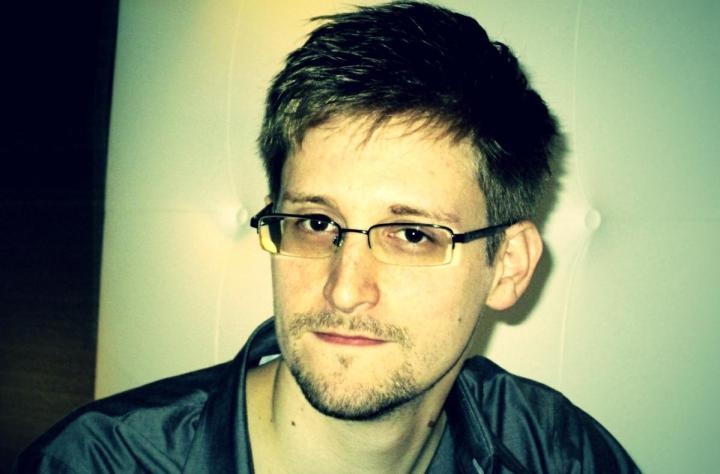
The Director of National Intelligence, James Clapper, leveled the charge against Snowden while speaking at a function hosted by the Christian Science Monitor on Monday. Clapper stated that “as a result of the Snowden revelations, the onset of commercial encryption has accelerated,” according to a report from The Intercept.
Clapper asserted that, “The projected growth maturation and installation of commercially available encryption — what they had forecasted for seven years ahead, three years ago, was accelerated to now, because of the revelation of the leaks.”
Clapper was essentially saying that current encryption usage reflects the kind of install base and advances in methodology that analysts, in 2013, were forecasting for 2020 — in short, the public appetite for encryption has far outpaced expectations.
While this might seem like a boon for the public, innocent people aren’t the only ones using encryption methods to cover their tracks. Clapper went on to suggest that these advances have had a “profound effect” on efforts to collect information pertaining to terrorist activity.
Of course, it would be misleading to attribute this shift to Snowden alone. Our ever-expanding usage of technology, and the steadily increasing pace of security breaches in the news — not to mention the ongoing efforts of security researchers — all contribute to the changing public perception of encryption.
However, Snowden certainly did bring the issue of governmental surveillance to light at a crucial time. While many would thank him for that, Clapper wouldn’t. Asked whether increased public access to encryption was a good thing, the director replied that from his organization’s standpoint, it was not.
Editors' Recommendations
- Gmail client-side encryption adds security for businesses
- This free service just hit a huge website security milestone
- One-to-one Microsoft Teams video calls can now be end-to-end encrypted
- WhatsApp is fixing one of its most annoying features
- Ring rolls out end-to-end encryption for video to all customers


